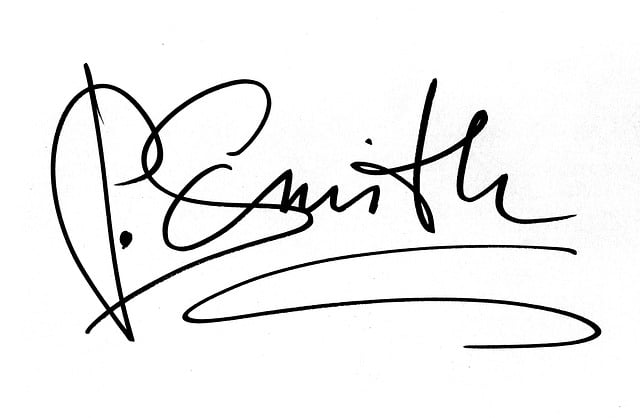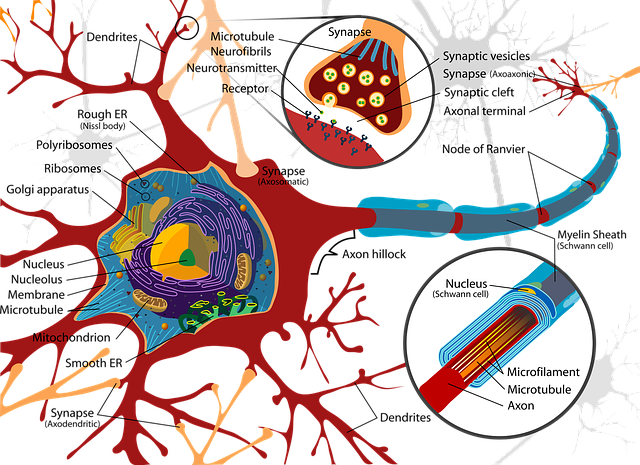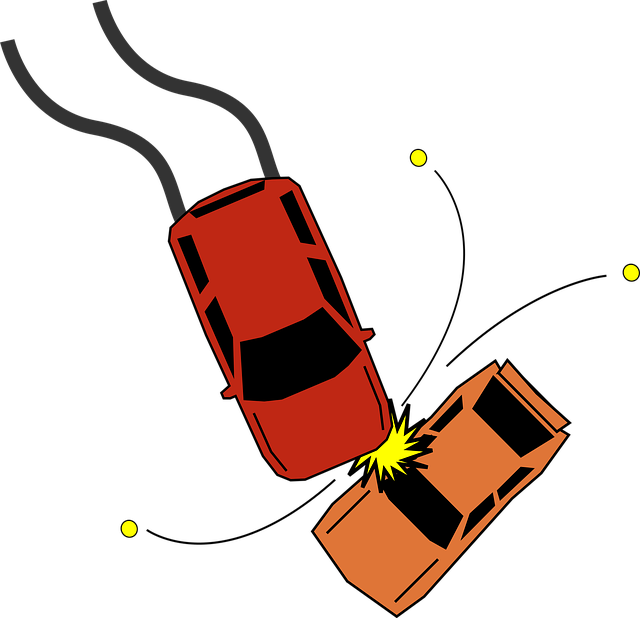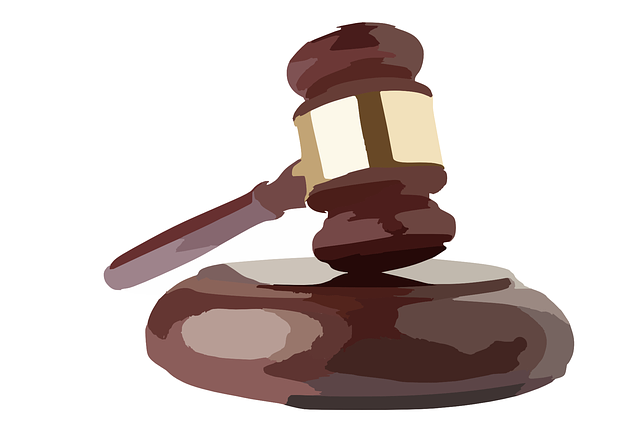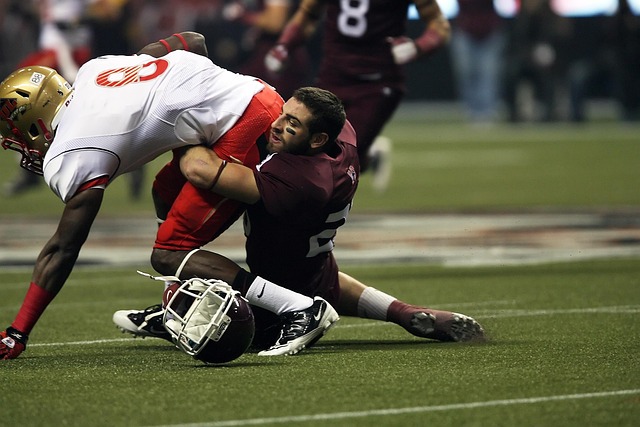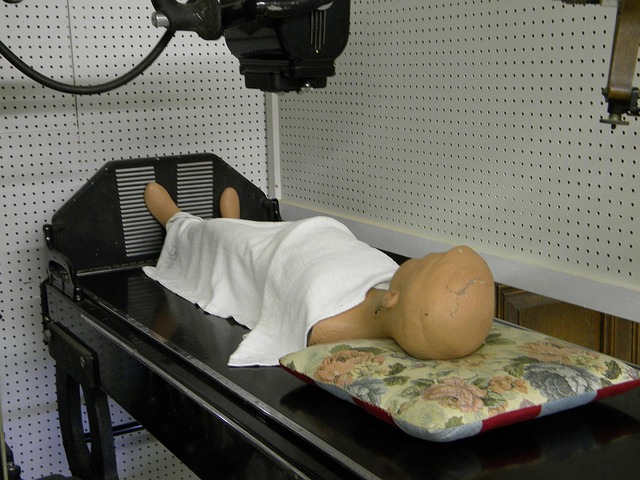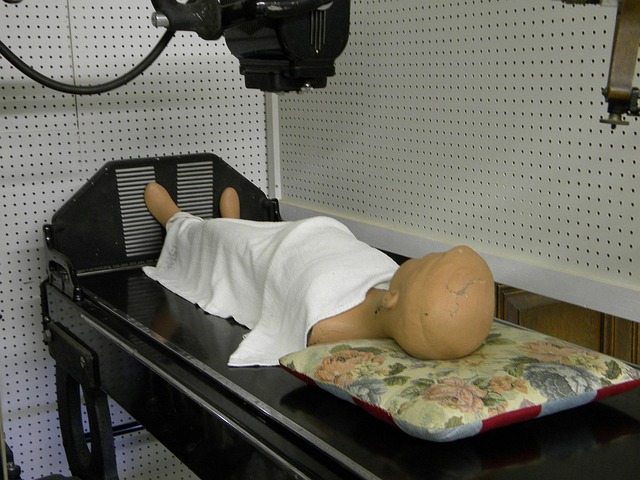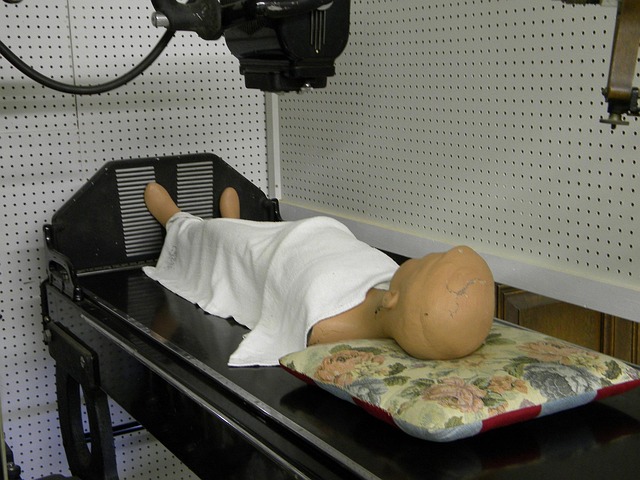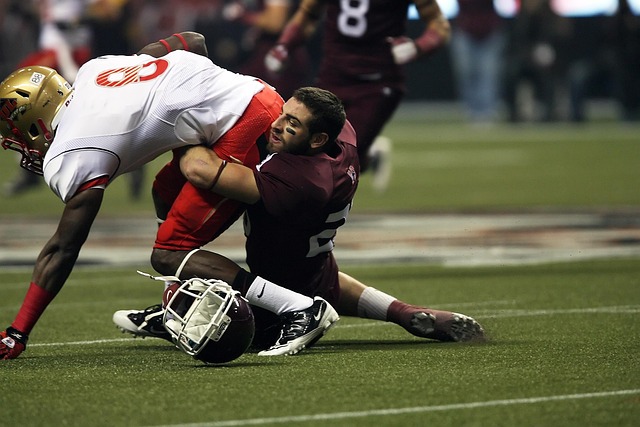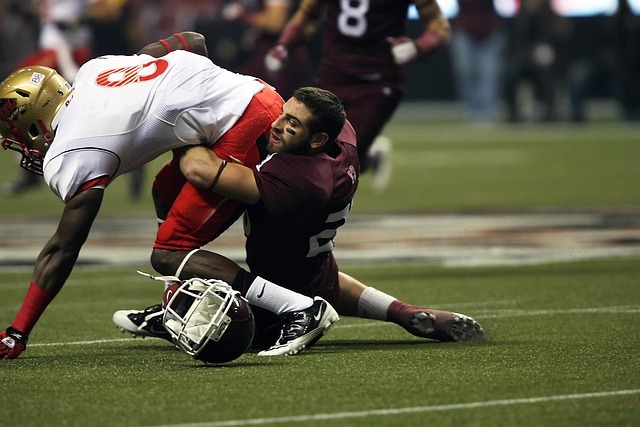Chiropractic treatment for concussion injury effectively addresses post-concussion dizziness and neck pain by focusing on both physical symptoms and underlying structural issues. Chiropractors use specialized adjustments to improve vestibular function, correct spinal misalignments, and provide a holistic approach that includes therapeutic exercises, heat/ice therapy, and relaxation techniques, promoting mental well-being during recovery.
Dizziness and neck pain after a concussion can significantly impact daily life, but understanding these symptoms is the first step towards recovery. This article delves into the complexities of post-concussion issues, specifically focusing on dizziness and neck pain. We explore the potential benefits of chiropractic care in managing these conditions, highlighting effective techniques to alleviate symptoms and accelerate healing. By understanding these treatments, individuals can make informed decisions regarding their concussion injury recovery.
- Understanding Post-Concussion Dizziness and Neck Pain
- The Role of Chiropractic Care in Concussion Recovery
- Effective Techniques for Relieving Symptoms and Enhancing Healing
Understanding Post-Concussion Dizziness and Neck Pain
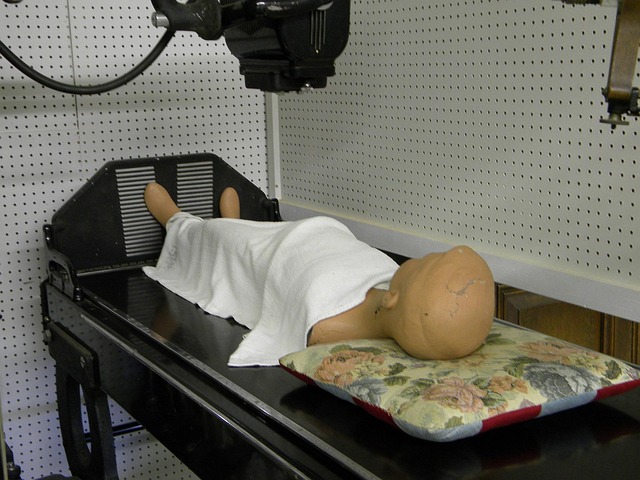
Post-concussion dizziness and neck pain are common symptoms that can persist long after an initial head injury. These issues often go hand in hand, as the brain and spinal column are closely connected. When a concussion occurs, it can disrupt the delicate balance of the vestibular system, which is responsible for sensing motion and spatial orientation. This disruption can lead to dizziness, lightheadedness, or even vertigo. Additionally, the neck muscles and joints may experience strain and discomfort due to the rapid movement or sudden impact during the injury.
Chiropractic treatment for concussion injuries has gained recognition as a safe and effective approach. Chiropractors focus on addressing not only the physical symptoms but also the underlying structural issues that might have been affected by the trauma. Through specialized adjustments, they can help improve the function of the vestibular system and reduce dizziness. Moreover, chiropractic care aims to relieve neck pain by correcting any misalignments or restrictions in the spine, allowing for better healing and recovery.
The Role of Chiropractic Care in Concussion Recovery
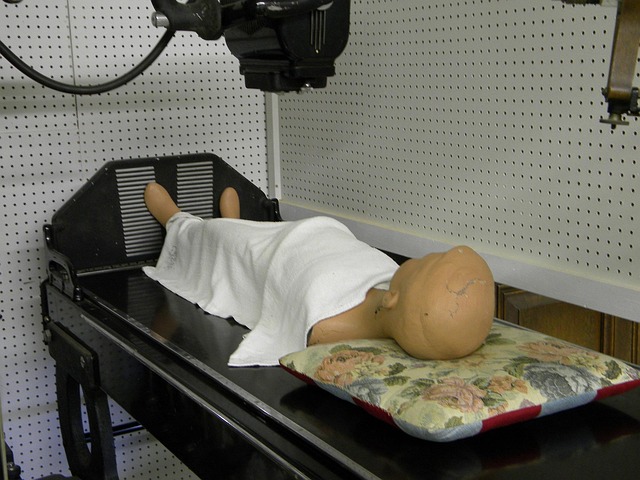
Chiropractic care plays a significant role in the recovery process for individuals suffering from post-concussion dizziness and neck pain. Chiropractic treatment for concussion injury focuses on addressing mechanical issues within the spine and nervous system, which can be affected after a traumatic event like a concussion. Chiropractors utilize various techniques such as spinal adjustments, joint mobilization, and therapeutic exercises to help reduce symptoms and improve overall function.
By targeting specific areas of the neck and head, chiropractic care aims to restore proper alignment and mobility, thereby facilitating the body’s natural healing process. Additionally, chiropractors often incorporate treatments like heat or ice therapy, electrical stimulation, and relaxation techniques to provide comprehensive care for concussion patients experiencing dizziness and neck pain. This holistic approach supports not only physical recovery but also mental well-being during the challenging journey back to full health.
Effective Techniques for Relieving Symptoms and Enhancing Healing
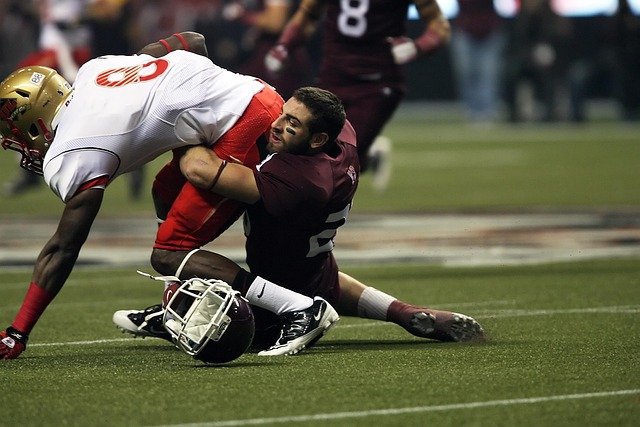
Many individuals experiencing dizziness and neck pain post-concussion find relief through non-invasive approaches, particularly chiropractic care. Chiropractic treatment for concussion injury focuses on addressing symptoms that often persist long after the initial trauma has healed. Skilled chiropractors employ various techniques to ease discomfort and improve recovery. Adjustments to the spine can help restore normal joint function, reducing vertigo and improving balance. Additionally, therapists may incorporate exercises tailored to strengthen neck muscles, enhance flexibility, and alleviate pain.
One effective method is spinal manipulation therapy, which gently adjusts misaligned vertebrae. This technique aims to reduce pressure on sensory nerves, potentially alleviating dizziness. Manual therapy, combined with specific exercises, can also target the upper cervical spine, known to play a crucial role in balance control. By incorporating these strategies, chiropractic care offers a holistic approach to managing symptoms and promoting healing after a concussion.
Post-concussion dizziness and neck pain can significantly impact an individual’s daily life, but with the right approach, recovery is achievable. Chiropractic care has emerged as a valuable option for those seeking relief from these symptoms. By combining specialized adjustments, therapeutic techniques, and patient education, chiropractic treatment for concussion injury offers a holistic path to healing. This natural and non-invasive method can help reduce discomfort, improve balance, and expedite the overall recovery process, enabling individuals to regain control of their activities and return to their regular routines safely.

